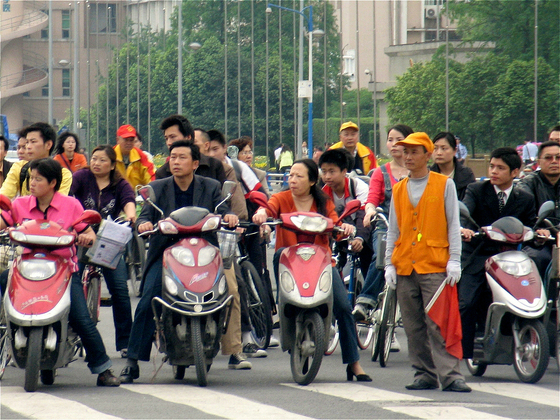Singapore Travel Guide - Must-See Attractions
A social media blog for news and views
The politics and poetry of restoring war ruins: The Unesco World Heritage site of Palmyra damaged during a year under Daesh control is at the centre of a debate about preservation versus restoration
10 things you didn't know were Canadian: For Canada Day we have for you a list of things you probably didn t know were Canadian
Future lies in utilisation of world’s oceans, says top explorer: Oceans are some of the largest museums on earth that need to be explored said Dr Robert D Ballard at Mohammad Bin Zayed s majlis
Will an MBA degree get you hired, promoted in UAE?: HR experts discuss whether getting an MBA can really fast-track a person s career in UAE
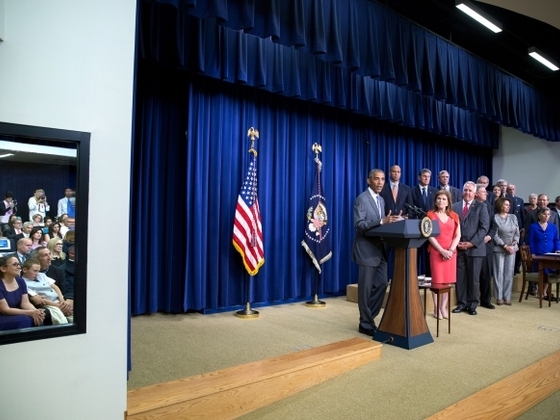
Britain needs to keep a good relationship with the EU: Ukip leader Farrage s disgusting speech in Brussels cannot be allowed to set the tone of any kind of debate
Image of Europe in terminal decline: It is reasonable to expect populists and independence movements in the continent and beyond to feel invigorated by the result of Britain s EU referendum
British royals in France to remember Battle of the Somme: To mark the 100th anniversary of one of history s bloodiest clashes
EU leaves Britain out in the cold: Sturgeon utterly determined to see Scotland remain in the EU
Conservative contenders line up to replace UK’s Cameron: Winner will be in a position to negotiate Britain s exit from the European Union
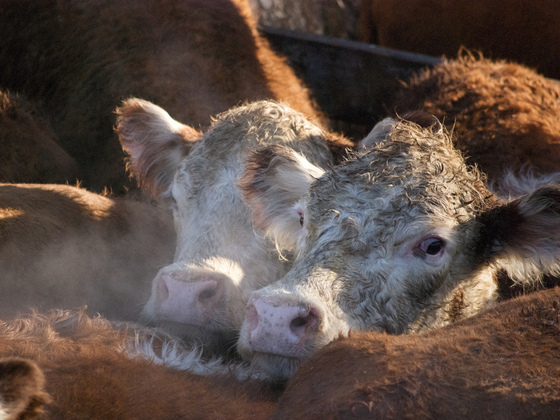
36 dead, 147 hurt in suicide attacks at Istanbul's Ataturk airport: Videos Social media posts show moment of attack that s been blamed on Daesh
Serena Williams and Andy Murray cruise at rain-lashed Wimbledon: Defending champion Serena Williams racked up her 80th Wimbledon victory Tuesday while Andy Murray also raced into the second round before torrential rain wiped out almost half the programme
Philippines’ crime-buster president-elect adds traffic jams to hit list: Assures audience plan would not be applied whimsically or capriciously
Don’t forget about justice for Sri Lanka war victims: With the government winding back commitments to reconciliation and justice it s up to the international community to hold them to account
Trump says Muslim ban plan to focus on ‘terrorist’ countries: Trump has also said he would deport all undocumented immigrants a number estimated at 11 million
Daring flight removes 2 sick workers from South Pole station: Two people who fell ill while working at the US research station at the South Pole have been evacuated
Clinton should have been aware of dangers, Benghazi panel says: Benghazi panel was created in May 2014 to investigate attacks on a US diplomatic compound and a CIA outpost on September 11 2012
World’s biggest uncut diamond to be auctioned: The world s biggest uncut diamond is about to go under the auctioneer s hammer
UK’s Labour leader loses confidence vote over Brexit: But veteran socialist Corbyn insists he will not stand down
Culture of giving in UAE has a home-made flavour: Offering food to a fasting Muslim is a rewarding deed and Emirati generosity stands out in this regard
Ramadan soup kitchen offers brief respite to Gaza’s hungry: Nearly half the war-torn enclave s 1 9m inhabitants live under the poverty line with 80 surviving on humanitarian aid
Japanese women urged to wear high heels for confidence: Japan High Heel Association wants women to swap flats for stilettos to open their minds
Erdogan apologises to Putin over downed jet: Kremlin: Erdogan said he wanted to do everything possible for the restoration of the traditionally friendly relations
Obama’s death sentence for young refugees: In effect the US have pressured and bribed Mexico to do its dirty work detaining and deporting people fleeing gangs in Honduras El Salvador and Guatemala
Can Brazil secure the Olympics?: The cash-strapped Brazilian government allocated 100 million to the Ministry of Justice to bolster its security preparations
Thinking the unthinkable: A Trump presidency: I m not the first Republican to say the presumptive GOP candidate is a phony and should not be president and I expect there will be many more to come
UK divorces in haste and will repent at leisure: Britain has leapt into uncharted waters and is now forced to navigate choppy seas for the foreseeable future
The Brexit King of Britain: The truth is that for all his flaws this referendum would never have happened without Nigel Farage
The shock that will reverberate beyond Britain: With luck statesmen on both sides of the Atlantic will rise to the challenge of the UK s EU referendum verdict
Gulf integration is undoubtedly here to stay: The shocking mostly emotional British vote to leave last Thursday sets in motion a new era of disintegration
UAE roads may soon have more traffic tolls: The Federal Authority for Land and Maritime Transport held a workshop recently to study amendments to the federal legislature regarding road transport
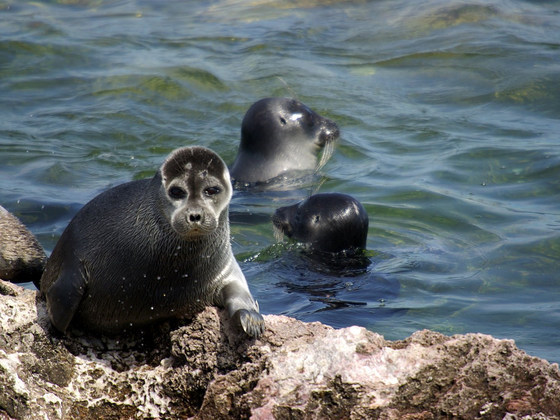
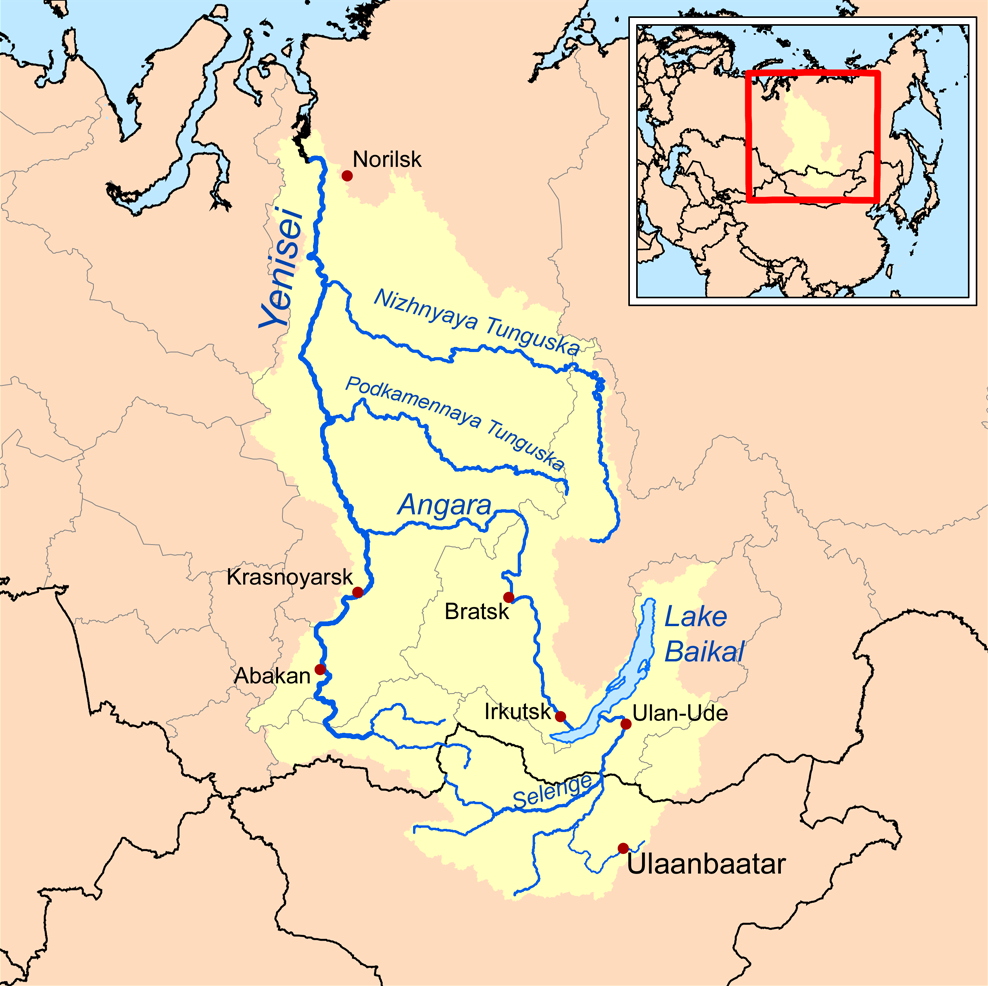
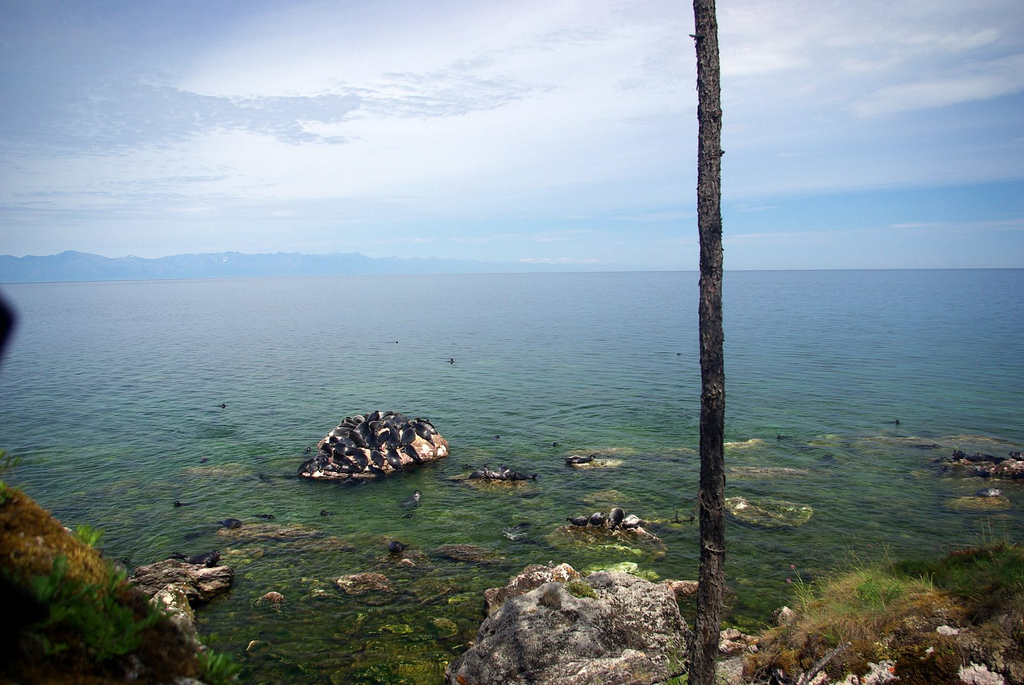
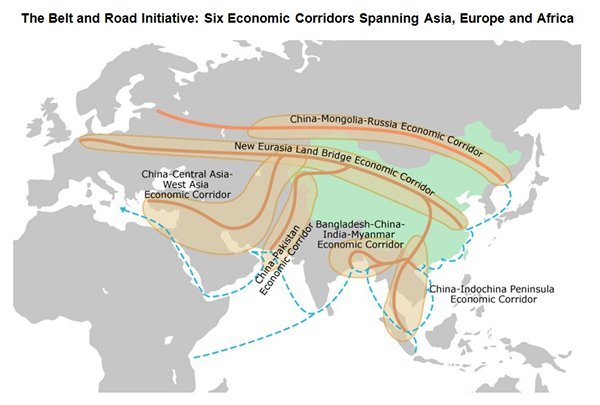
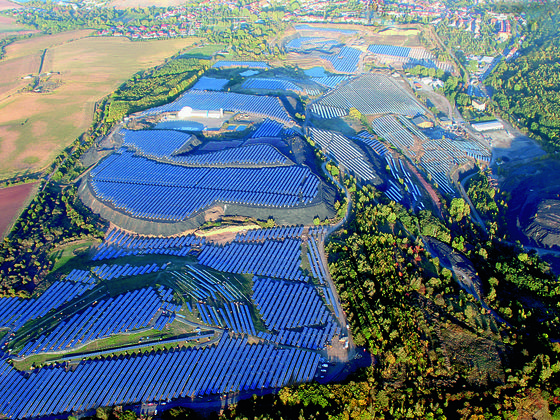
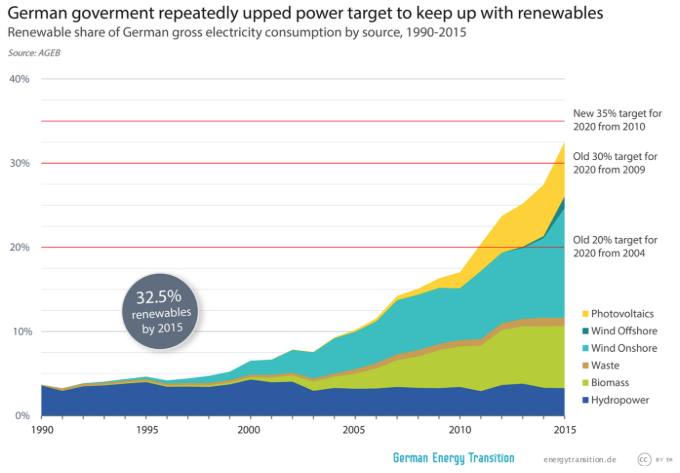
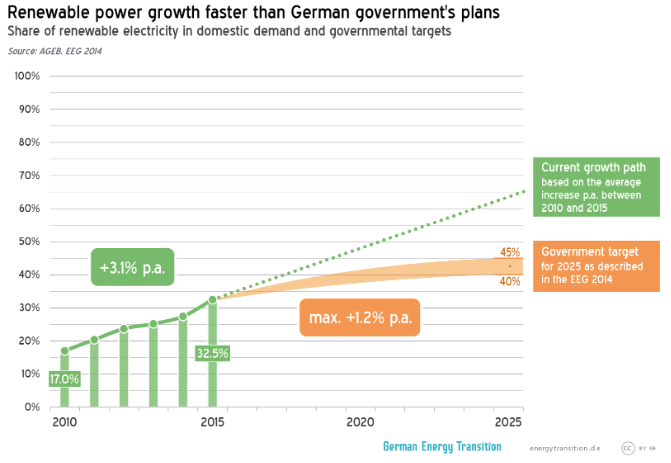

New front opens in war on superbugs: Gene s resistance to colistin a life-saving medication which has been around for 60 years is the latest frustration for physicians
World Press Photo winner’s 1,000-mile walk for prize: The 47-year-old Australian set off on foot on his remarkable journey in mid-February leaving his home in Budapest for Amsterdam
Dutch, US authorities cooperate in lottery mail scam investigation: Scam involved hundreds of thousands of victims
British expatriates fear for their future after UK vote: An estimated 1 2m Britons live in other EU countries many of them in France Spain and Portugal
Brexit: There are no second chances — the die has been cast: The reality of the result of Thursday s referendum is beginning to sink in for ordinary voters
Mexico years-long justice reforms hit courtrooms nationwide: The oral hearings are the final stage of reforms passed in 2008 that seek to change every step of the criminal justice system
Mexico police, troops 'routinely' rape arrested women: Amnesty: Mexico s police and armed forces routinely torture and mistreat women Amnesty International reports
Italy puts women in charge: Both the new M5S female mayors are successful career women
Paris thieves steal 3m euros in luxury watches: Wealthier districts of Paris are home to some of the world s top brands
MSF rejects EU funds over ‘shameful’ migrant policy: Says 8 000 people including hundreds of unaccompanied minors had been left stranded
How France fell for Chirac’s indigenous art museum: Former president fought a long battle with the museum establishment to pool their non-European collections
Could Brexit help migrants get to Britain? Not so fast: Many migrants are already turning to flimsy dinghies in efforts to reach Britain frustrated by tighter security around the Channel tunnel
Niger firm fights famine with Plumpy’nut: The STA food transformation firm is the producer of the peanut-based food used by relief workers worldwide
Refugees hurt, tents torched in Lesbos brawl: There were nearly 3 000 people in the Moria camp ahead of the clash
Germany warns refugees against polygamy: Minister says cases of marriages involving a minor should also be outlawed
Germany’s foreign minister favours gradual phasing-out of Russia sanctions: Comments reflect divisions within Germany s ruling right-left coalition over policy towards Russia
Gunman killed in hostage standoff: German police shoot man who attacked cinema
Europe's robots to become 'electronic persons' under draft plan - Technology - Dunya News: Some robots are even taking on a human form.
Football: Chile stun Argentina to win Copa America Centenario - Sports - Dunya News: Holders Chile stunned Argentina to win the Copa America Centenario in a penalty shoot-out.
Football: Griezmann fires hosts France into Euro quarters - Sports - Dunya News: France came from behind to claim a 2-1 win over Republic of Ireland to reach Euro quarters.
PPP files reference against PM Nawaz in ECP - Pakistan - Dunya News: PM Nawaz is no longer Sadiq and Amin, said Latif Khosa
Clues to weary Messi's retirement - Sports - Dunya News: Messi's departure begins to make sense when the context of his decision is taken into consideration.
Chile stun Argentina 4-2 to win Copa America: Messi misses as holders Chile stun Argentina to win the Copa America Centenario in a penalty shoot-ou
Lionel Messi retires from international football: Argentina star announces retirement after defeat to Chile in Copa America final
Investment banks hit by Brexit era of turmoil, few Deals: Market volatility poses a danger to trading profits while firms hiring banks to advise on takeovers and fundraising face uncertainty as Britain negotiates new international ties
In new poll, support for Trump plunges, giving Clinton a double-digit lead: Survey finds sweeping unease with the presumptive Republican nominee s candidacy
Gen Sharif vows to continue Zarb-e-Azb offensive until objective is met: Pakistan army chief says terrorists would not be allowed to stage a comeback in the tribal regions
Pakistan: Two years on, army says fight not yet over: Focus of Operation Zarb-e-Azb shifts to border regions
Brexit clouds horizon for Britain’s airlines: The country s airline industry has soared under the EU s Single European Sky system over the last two decades
Barack Obama, the President of Black America?: Obama s presence in office has reflected our most hopeful embrace of change but he has been reluctant to speak about race and hesitant to champion the causes of a valuable if vulnerable blacks
Brexit vote triggers revolt in Labour: Deep divisions in Labour were blown into the open as Corbyn sacked his foreign affairs policy chief
Brexit’s impact on gold: Will prices hit $1,400?: Gold experts tackle the outlook for gold following Friday s surge in safe-haven demand
Shields and Brooks on voter disenchantment across the globe: Syndicated columnist Mark Shields and New York Times columnist David Brooks join Judy Woodruff to discuss the week in politics, including what Brexit might suggest about the upcoming presidential election, how frustrations with low-paying jobs and expensive education are influencing voters this year, President Obama’s “depleted” legacy and the prospects for new gun legislation.

Column: Will Brexit affect U.S. consumer confidence? The outcome may determine our next president: Going back to 1952, consumer confidence has been a fair guide to presidential election outcomes.
Six dead, more than 100 injured in Mexico protest: The violence erupted as police threw tear gas at the protesters to end a week-long barricade that was blocking a road
Spain search for strikers to get on the mark against Turkey: Iniesta proved he can certainly still create but Del Bosque side s need the clinical touch
Labels: bexit vote, eu, uk decides to leave EU, uk referendum
Five questions for Britain and Europe after Brexit vote: There are no quick answers as the EU is in shock and entering uncharted territory These are some answers key questions on what will happen next in Britain s relations with the bloc
Brexit divorce 'not amicable' but must be quick: Juncker: European Commission chief admitted that the EU had hoped Britain would stay but that now it was key to make the separation process as speedy and painless as possible
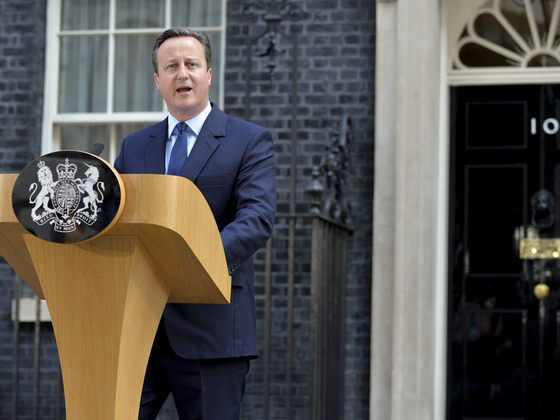
Labels: BEXIT, he UK votes to leave the European Union, UK REFERENDUM TO LEAVE eu
Afghan-Pakistan talks gather steam: Mechanism will also have a joint technical working group
Police search home of man accused of receiving girl as gift: Officials acting on a tip found 51-year-old Lee Kaplan at his Feasterville home along with 12 girls ranging in age from six months to 18 years
Clinton makes an appeal to ‘progressive’ voters: Trump in turn calls her unreliable and more concerned with herself than with the American people
14 dead in West Virginia floods: Hundreds rescued from swamped homes in the state s worst flooding in more than a century
Triumph for 'Brexiteer' Nigel Farage, British scourge of the EU: Nigel Farage the abrasive anti-immigration politician has tapped into a deep well of popular anger that rivals failed to understand
Brexit: Expatriates in UAE caught off guard: Britons living abroad question the future of their home country after EU referendum result
Brexit, a sign of anti-elite revolt: analysts: They suffered most from the economic crisis and their precarious economic position makes them most fearful of rising immigration
Can the EU survive Brexit?: The loss of one of its biggest members will at the very least force major changes on an embattled bloc
A result bearing massive implications: UK exit will now disrupt the balance of power inner workings and policy orientations of the EU
